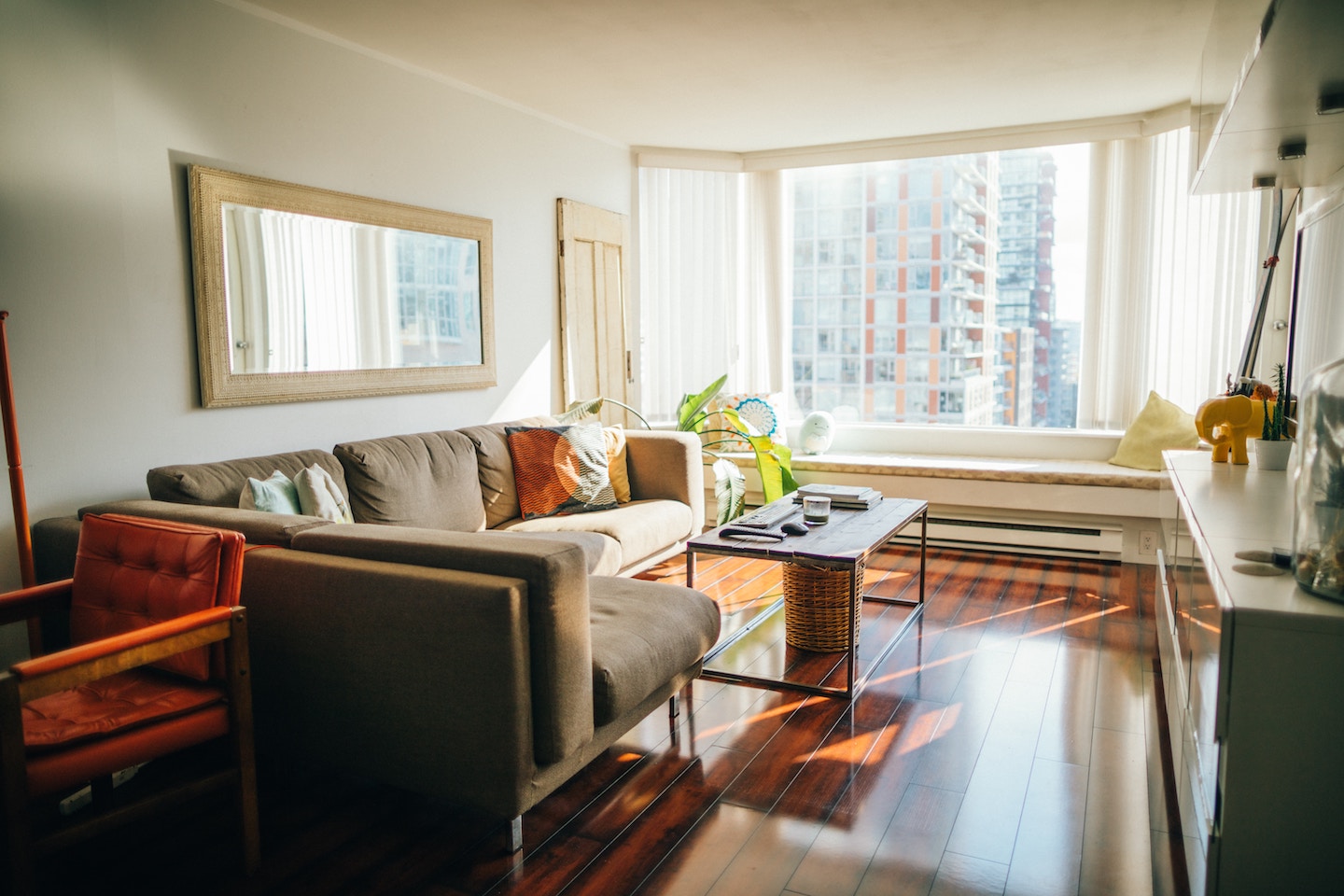Investment properties open the door to various financial benefits. With multiple property types for investors to choose from, you may be wondering if condos are a good investment.
The answer is yes. However, to ensure a worthwhile investment, make sure you chose the right condominium to fit your needs. A wise selection is crucial to profiting on your property and building equity.
What You Need to Know About Buying a Condo as an Investment Property
Many people get involved with investment properties with the intention of earning a return investment. This involves purchasing a real estate property and receiving additional income either through rental income or the future resale of the property.
Condo units attract investors for multiple reasons.
First, condos tend to be more affordable than other properties, such as detached single-family homes; especially in a large city.
Condo investments also provide the opportunity to profit on monthly rental income and receive substantial tax write-offs.
Additionally, if you invest in a condo, there is less maintenance to worry about. The real estate investors are not directly responsible for caring for the building or common grounds area, which means more time and less stress.
If you are considering buying a condo as an investment property, it is essential to find a unit that best fits your needs.
To find the best option here are a couple of items to keep in mind:
- HOA Fees: Condos are great because the homeowner association provides beneficial maintenance and services to residents. However, to fund these activities, unit owners are required to pay monthly or annual dues. Before closing on a property determine how much you would be expected to pay as a member of HOA.
- HOA Rules: Along with fees, HOAs also establish a set of rules for condo owners and residents to follow. Some HOAs enforce stringent regulations regarding rentals, including the number of units that may be rented out. Examine your potential properties to ensure that the guidelines won’t interfere with any plans to rent or resell.
- Financing the Investment: Be sure to sort out your plans to fund your investment. While obtaining mortgage loans is a common method of financing, keep in mind that these loans are generally more expensive to obtain than single-family detached homes. Also, if you are looking into a loan, be aware the lenders will not only evaluate you but the condo HOA as well.
Are Condos Hard to Sell?
If you are considering investing in a condo, it is natural to question the difficulty or ease of selling this type of property.
One of the most important factors to consider when answering this question is the HOA. Your homeowners association is responsible for laying out the rules and regulations regarding resales. This is also why it is important to understand your HOA’s guidelines before you ever purchase.
Improving the chances and timeline of a condo sale also involves listing your property’s assets. These are all of the features that make your apartment great. Assets also help your property stand out among all of the other current listings.
Finding an experienced real estate broker will also increase the odds of selling your condo, especially as a new investor. These licensed professionals have a thorough knowledge of the process as well as the current market.
Understanding the state of the current market is critical in deciding if it is a wise time to sell. Various factors, including the job market and time of year, may impact the market. However, even in down markets, the refreshing news is that condos tend to sell faster than single-family homes.
Tips for Buying a Condo to Rent
Many investors purchase condos to rent because it leverages monthly rental income and provides tax benefits.
Buying a condo to rent may prove a big endeavor, especially as a new investor. It is critical to understand the process beforehand to equip yourself in making a wise and confident purchase.
Here a few tips before closing a deal:
- Find a desirable location: When it comes to any property purchase, location is everything. Finding a hot or up-and-coming neighborhood will increase the value of your property.
- Examine the HOA: Homeowners associations can impact your potential investment immensely. Before buying, make sure you feel comfortable with the HOA’s monthly dues, as well as their rules and regulations.
- Consider financing: Before purchasing a condo, you need to apply for a mortgage. Lenders will often review the condo board documents and building operations.
Before leasing out your condo, you also need to understand what it is like dealing with renters.
Condo owners seeking to lease out their property need to thoroughly examine renter applications to ensure a wise choice in a tenant. Since renters will be residing in your property, you want to choose a responsible tenant who will likely take care of the unit and keep up with rent.
What is an HOA Resale Package?
When a buyer is ready to purchases a condo, the homeowners association administers a resale package, often prepared by the seller, within ten days of the initial offer. This package is a packet of crucial information, including a complete set of record documents that govern the association.
While this package may vary depending on the state, it commonly includes the following documents:
- Annual Financials
- Articles of Incorporation, Budget
- Bylaws
- Covenants, Codes, & Restrictions (CC&Rs)
- Insurance Declaration Page
- Regular Meeting Minutes
- Resale Certificate/Demand
- Reserve Report, Rules and Regulations.
Every potential buyer should obtain an HOA resale package to gain critical information regarding the purchase, which may impact the decision to move forward with the purchase.
The resale package also eases the buying and selling process by laying out information that protects both the buyer and the seller from potential disagreements and litigation.
If you make an offer on a property and do not receive a resale package, your real estate agent should be the first point of contact.
Is a Home or Condo a Better Investment?
Potential investors commonly inquire if homes or condos are a better investment. The truth is that the answer is not black and white. It depends entirely on the buyer’s needs and the local market.
If you are looking to invest in a big city, specifically the Windy City, it is safe to say that a condo is a wise move.
Purchasing a condo allows for easier entry into the housing market at a much more affordable cost. New buyers have an easier opportunity to take advantage of tax deductions and build equity.
Finding affordable single-family homes in a big city tends to be unreachable for new or young buyers, with many of these properties reaching the millions.
Condo investments also mean less maintenance and more free time for buyers. Instead of worrying about keeping up with the yard or dealing with building repairs, condo owners can leave these concerns in the hands of the homeowners association.
Securing a worthwhile investment also involves a thorough knowledge of the market and the needs of the buyer. For new and experienced investors, licensed brokers can help ease the search process and find the most suitable property.
Don’t let the opportunity to invest and build equity pass you by. Team up with an experienced broker and find the perfect condo today!









